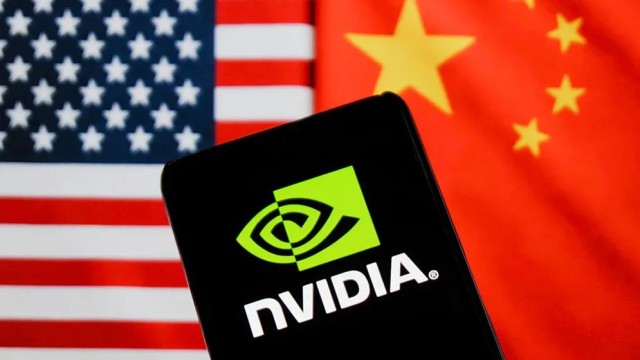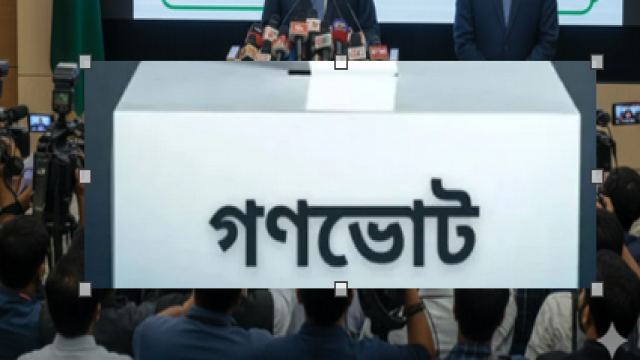Runway, a multi-billion dollar company specializing in artificial intelligence, has come under scrutiny for reportedly training its text-to-video generator by scraping thousands of videos from YouTube, potentially including content from major companies such as Nintendo, Disney, Rockstar Games, Netflix, and Sony. The information was brought to light by 404 Media, which obtained a comprehensive spreadsheet listing various regional channels, including those of Nintendo, among others.
The generator, officially named Gen-3, received significant acclaim upon its reveal earlier this year, with support from industry giants like Google and Nvidia. However, concerns have been raised regarding the use of YouTube videos for training AI, as it may violate the platform's policies. While it's not confirmed whether Nintendo's content was definitively used to train Gen-3, its presence within the spreadsheet has prompted speculation and may lead to further investigation, given Nintendo's strict stance on protecting its intellectual property.
The leaked spreadsheet obtained by 404 Media suggests that Runway's AI video-generating startup trained its Gen-3 model using YouTube content from various channels, including those of major entertainment companies and popular media outlets. The use of copyrighted data for AI training has raised ethical and legal concerns, particularly in light of the potential implications for intellectual property rights.
The controversy surrounding Runway's training methods has sparked discussions about the ethical use of AI and the potential impact on content creators and copyright holders. The company's actions have drawn attention to the broader debate on fair use of copyrighted material in AI training and the need for clear guidelines in this rapidly evolving field.
The allegations against Runway have also raised questions about the company's compliance with industry standards and the ethical considerations surrounding the use of third-party content for AI training. As the situation unfolds, it is likely to prompt further scrutiny and discussions within the AI and technology communities.































Comment: